Over 600 Bucharest residents are involved in local community composting projects, initiated over the last four years.
There are 12 collection points, mostly located in the gardens of the blocks, through which a total of over 11 tons of compost were produced. In this way, 22 tons of biowaste did not end up in the landfill, because, through composting, the initial quantity is significantly reduced, following the evaporation and decomposition processes. A natural fertilizer, rich in nutrients, is obtained, which nourishes the soil.
The Compost Academy project started from the idea that vegetable waste is a valuable resource that should not end up in landfills. In this way, the ecological footprint is reduced at the individual level, but also at the city level.
The project coordinator, Gabriela Iordan, emphasizes that when people get involved in such initiatives, they become more concerned about topics such as: waste management, food waste, community gardening, healthy and sustainable eating. Children also learn methods to reduce the impact of waste, especially by reducing it. The advantages can also be viewed in a broader context, given that gardening brings benefits for physical and mental health.
"We need to preserve green spaces. We say that the composting point in the block's garden is the heart of the garden. And from there we start defending our green space. (...) If people start coming down, coming to events, talking to neighbors, they start defending their garden, because they have a direct interest," she told AGERPRES.
The initiative aims to address another problem: urban soil is increasingly degraded and lifeless, as local governments often opt to mow and rake vegetation. Open land degrades more easily, being exposed to light and wind, and thus becomes harder and less permeable when it rains.
"There is also the benefit of soil regeneration. After a few months - it depends a lot on each community and the number of members involved - compost is obtained, a natural fertilizer, used in the block's flower pots or to improve the soil in the gardens, which becomes more productive and healthier. (...) Dead soil also means the death of trees, which means polluted air, excessive heat, dust, more noise. Soil health means the health of the green space and implicitly of the trees," explained Gabriela Iordan.
In this project, biowaste is collected in boxes located in the block's garden, and composting is aerobic, involving the presece of air. The boxes have no base, and in this way the plant remains are in direct contact with the microscopic biodiversity from the soil. Only plant remains are used, such as fruit and vegetable peels or cores, coffee grounds, and tea waste.
"The formula is simple. It's vegetable waste, without cooked food or bakery products. It's just vegetable waste and that's why the process involves a smell that doesn't bother. There are no rats, nor does the phenomenon of compost contamination occur. We did laboratory analyses and it turned out to be of very good quality. We are very careful to respect the rules. There is a referee for each group, and if mistakes occur, they are communicated, so that those in the community can correct them next time," added Gabriela Iordan.
A composting group includes three boxes: one for input (which includes shredded vegetable waste from home, combined with a double amount of dry matter), the second for storing dry matter (sawdust, leaves, wood chips, straw), and the third is intended for the maturation process (the contents of the input box are moved here, where they are finally stabilized so that they can be used). After two to three months, the finished compost is obtained, which can be used as a natural fertilizer directly on the green space. It can also constitute a maximum of 1/3 of the contents of a pot or raised bed.
The Compost Academy began its activity at the end of 2023, when the Bucharest Community Foundation launched a funding in the field of environmental protection. It is a consortium formed by several entities that implemented the first community composting projects, a model brought in 2021 by Urban Cultor, which in turn took over a French model. The first collection point was located in 2021 in the Floreasca area, Sector 2, where the community was so interested that the initial capacity proved insufficient.
The Compost Academy provides information to those interested, through a guide and courses posted on the website, but also organizes competitions to include new communities in the project. Those interested can watch a series of educational videos, available on www.academiadecompost.ro.
Another objective is to regulate local community composting, either through national legislation or through decisions of local councils. According to Gabriela Iordan, this type of activity should not be subject to the norms of the compost law.
"The compost law provides for complex standards and certification conditions, intended for very large quantities. However, the quantities produced in a garden and common composting point do not exceed one ton per year. Citizens do not sell, transport or use locally produced compost in agriculture. Currently, the law refers to: municipal composting, industrial composting, as well as individual composting, carried out in people's yards. We would like to see a mention in the normative act regarding community composting, which would be exempt from the provisions of the law - just like individual composting - and treated separately through a recommendation and good functioning guide," she said.
So far, only the Local Council of Sector 2 has approved a decision regarding a partnership agreement, which willalso be endorsed by the General Council of the Capital.
However, there are also cases where the placement of compost bins is difficult. Thus, there have been situations where the agreement of the district mayor's office was obtained with difficulty. In another district, the initiating organization pays a fee for occupying the public space.
Interested communities can obtain collection boxes, the necessary tools and training by participating in competitions organized by the Compost Academy, when there is funding for this or when a community already has a budget from another funding source. It is also possible to obtain a service package for a fee, which contains educational sessions, infrastructure, wooden containers and accessories, but also consultancy through an integrated waste management program.
There are currently 12 points included on the composting map (three each in Sectors 1, 2 and 3, and one each in Sectors 4, 5 and 6), but three more will be added to these by mid-year.
"Compost Academy" carries out educational and informational actions, including within the Green Week and the Alternative Week. In the last four years, over 3,000 people (adults and children) have benefited from the information provided through this project, but also through the projects of the entities that make up the consortium.

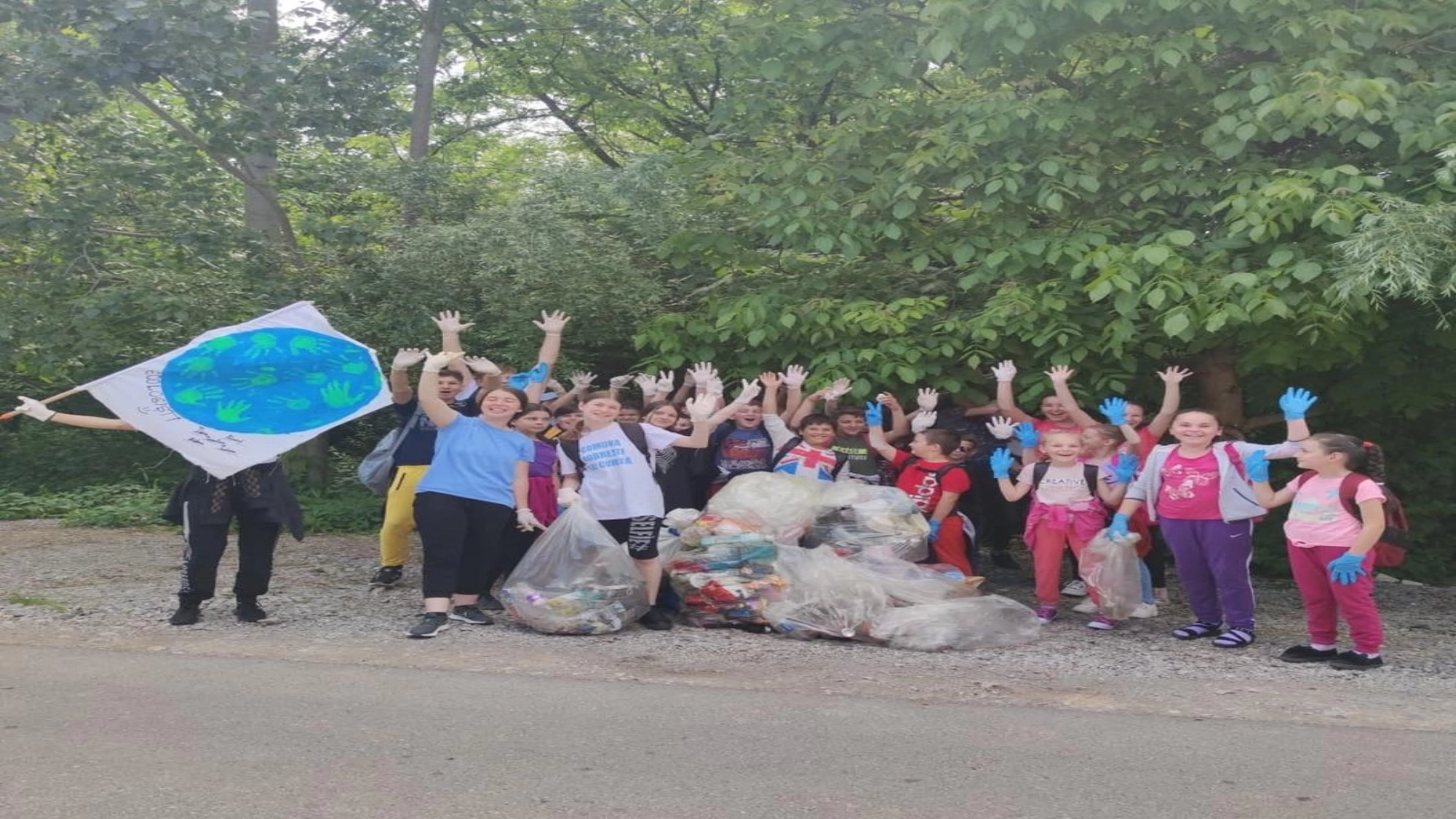




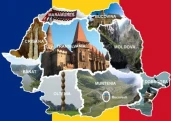













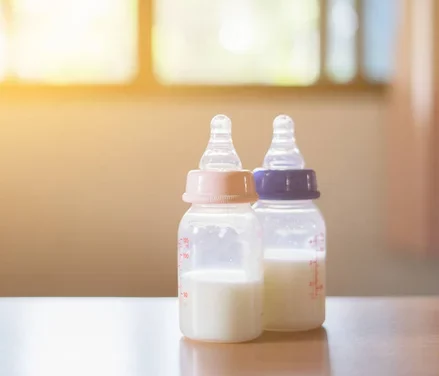
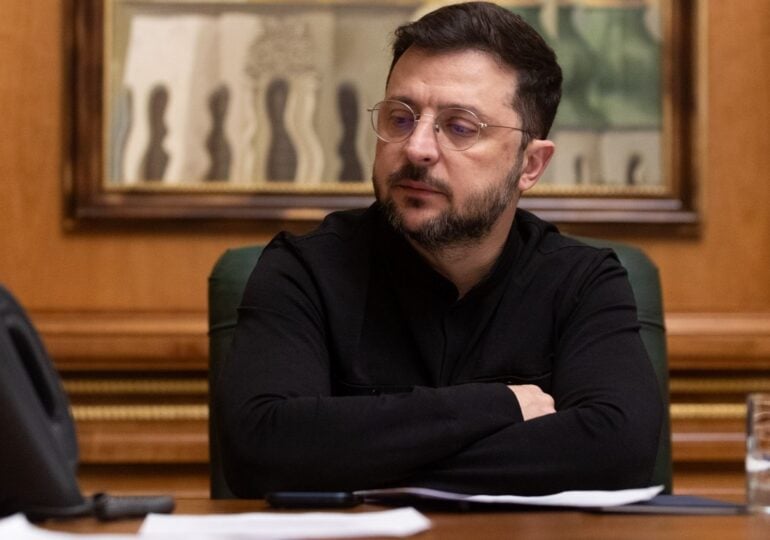
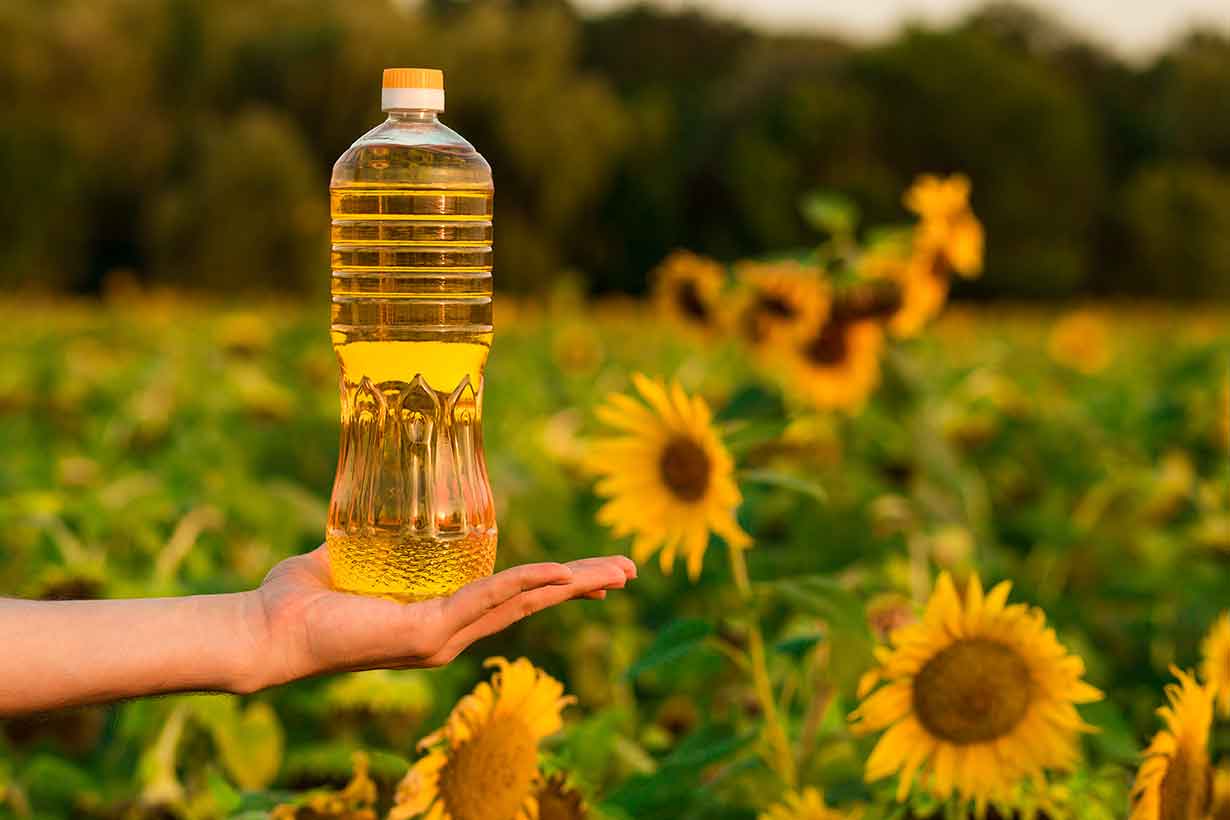
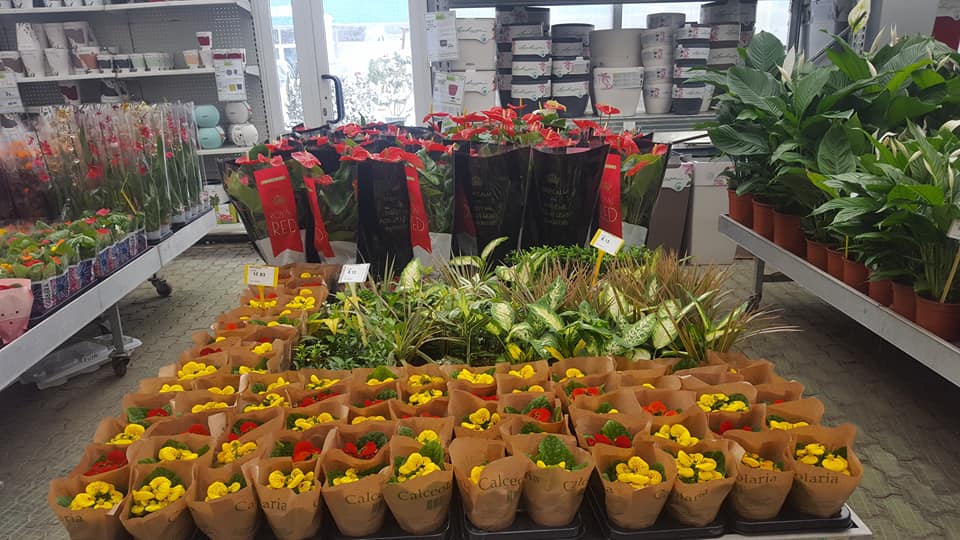








Comentează